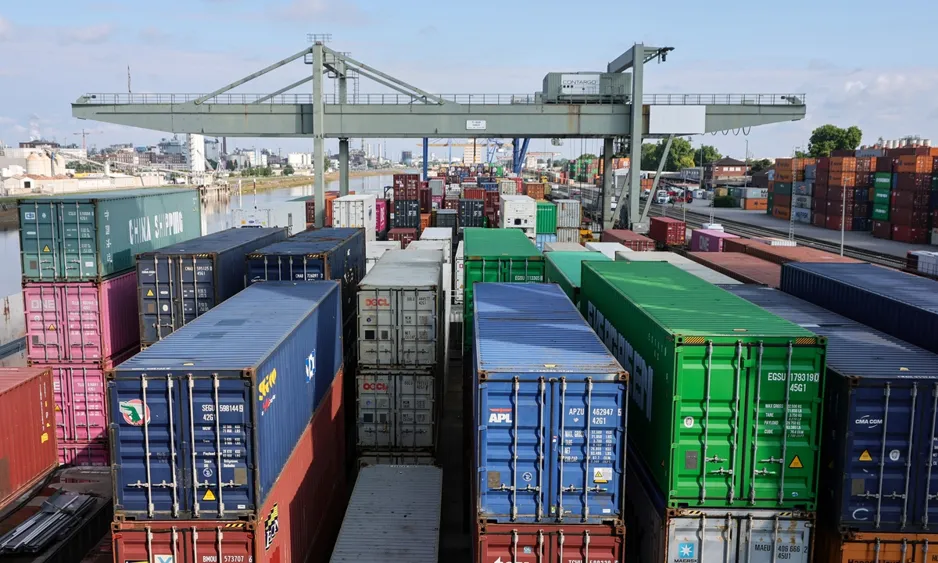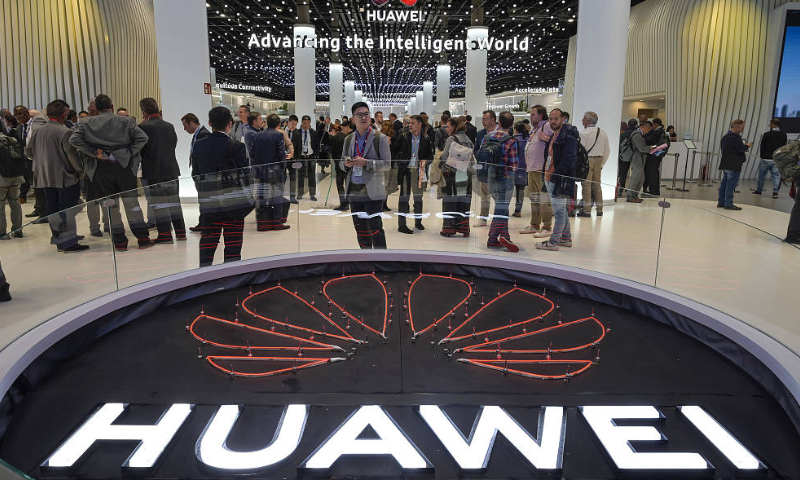US EU and US Japan Trade Deals Face Key Pitfalls and Challenges

The recent trade deal between the United States and the European Union, finalized following discussions between US President Donald Trump and European Commission President Ursula von der Leyen in Scotland, has sparked considerable debate within Europe. Critics argue that the terms reflect a growing imbalance in global trade dynamics, pointing to what some describe as an increasingly one-sided American approach.
A notable contention raised by experts points to the idea of 'neo-economic colonialism', a term used to describe the US's tendency to leverage its dominant market position to impose rules that favor its own interests at the expense of others, including traditional allies like the EU.
As per the agreement, a 15 percent tariff on many EU exports, particularly in key sectors such as automobiles, pharmaceuticals, and semiconductors, is to be imposed by the US. In exchange, the EU has committed to invest $600 billion in the US economy and purchase $750 billion worth of energy from American sources.
While President Trump has highlighted the deal as a major achievement that opens up trade avenues with zero tariffs, sentiments across Europe are divided. Von der Leyen has characterized the accord as a pathway to stability, but other European leaders are expressing concern over the perceived costs associated with the agreement.
French Prime Minister's criticism of the deal reflects broader dissatisfaction within the EU. He labeled the agreement as a 'dark day' for Europe, suggesting that it undermines the bloc’s standing as an equal partner on the global stage. Other officials, like European Affairs Minister Benjamin Haddad, have also warned of its unbalanced nature, calling for further negotiations before finalizing the terms.
Irish Prime Minister Micheál Martin's observation underscores the challenges that EU countries, particularly those heavily reliant on the US for exports, may face under the new tariff structure.
Moreover, Hungarian Prime Minister Viktor Orbán made dismissive comments about von der Leyen's leadership style in negotiations. The overall sentiment across various European countries suggests a pressing urgency for reassessment of the costs and implications of the agreement.
Turning to Japan, a similar situation unfolds as the US has agreed to reduce tariffs on Japanese vehicles from 25 percent to 15 percent. This still exceeds expectations and may complicate Japan's competitive positioning, especially in the automotive market.
Experts highlight that this trade-oriented pressure between the US and its allies reflects a long-standing pattern where unequal economic relationships are maintained, with American policymakers consistently exerting influence over trade dynamics.
The reliance on tariff negotiations as a means of exerting pressure is interpreted by many as a form of economic coercion, which has been labeled as 'neo-economic colonialism'. This strategy ultimately threatens the stability of global trade norms and relationships, fostering an environment of distrust and uncertainty among international partners.
As nations navigate the implications of these emerging trade agreements, the durability of such deals remains questionable, with the potential for further strain on relationships being a salient concern. China's position reflects a commitment to equal negotiations, opposing any agreements that may come at the cost of its interests.
The broader implications of these trade developments illustrate a critical juncture for international relations. The foundation of global trade principles stands at risk of erosion as bilateral deals, formed under pressure rather than mutual respect, threaten to reshape long-standing alliances.
Read These Next

Warner Bros. and Apple Reach $500M with 'Superman' and 'F1'
Warner Bros. Discovery sees solid box office success with 'Superman' and Apple’s 'F1' crossing $500 million, reflecting strategic maneuvering and changing dynamics in the film industry.

Spain assures no security risks in Huawei deal Chinese expert praises approach
Spain's Interior Ministry confirms Huawei contract, citing no security risks, amidst political pressures on Chinese firms.

Evacuations in Japan, Hawaii, Russia after quake tsunami warning
Following a powerful earthquake in Russia's Kamchatka Peninsula, evacuations were ordered across multiple Pacific regions, including Japan and Hawaii, raising concerns over potential economic disruptions alongside safety initiatives.
